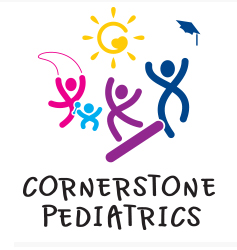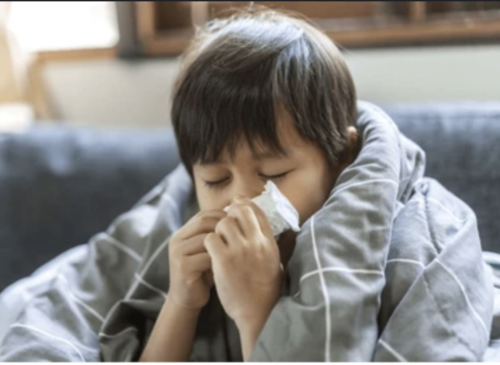As caregivers, the health of our children is always top of mind. One viral infection that deserves special attention, especially during the colder months, is Respiratory Syncytial Virus (RSV). RSV is a common respiratory virus that can lead to serious illness in young children, particularly infants. With the recent developments in RSV vaccinations, it’s crucial to understand the implications for pediatric health.
What is RSV?
RSV is a highly contagious virus that primarily affects the respiratory tract. While most children will contract RSV by the age of two, for some, it can lead to more severe respiratory illnesses, including bronchiolitis and pneumonia. The virus spreads easily through respiratory droplets when an infected person coughs or sneezes, and it can also survive on surfaces, making it easy for young children to contract it.
The Importance of Vaccination
Recently, advancements have led to the development of RSV vaccines, which are now being recommended for infants under age 8 months during their first RSV season (October to April). The primary goal of the RSV vaccine is to prevent severe illness and hospitalization and studies from last years administration show that vaccinated infants have a significantly lower risk of needing medical intervention.As RSV continues to pose a risk to young children, vaccination represents a significant advancement in pediatric health care and can act as an essential tool in protecting our littlest ones from severe respiratory illness.
Please see the attached forms below to get more information from the CDC RSV Vaccine Information Sheet as well as our information regarding getting the vaccine with our Cornerstone team!


